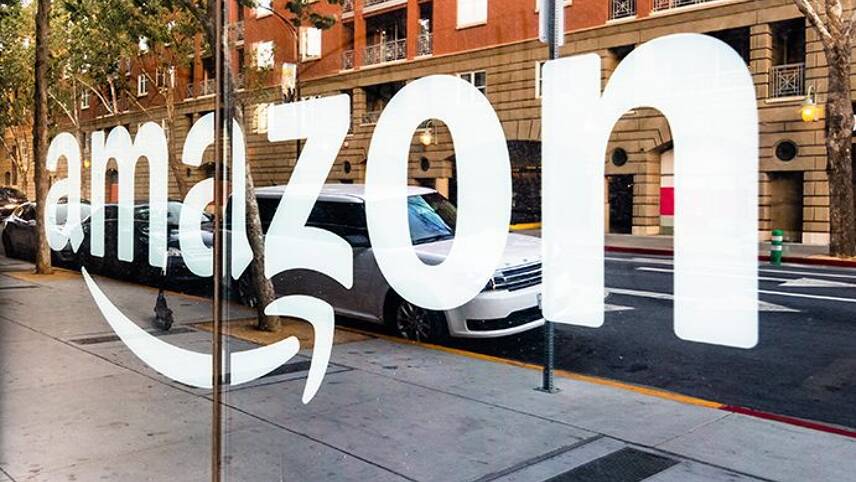Register for free and continue reading
Join our growing army of changemakers and get unlimited access to our premium content

The consortium wants to enable the full lifecycle of plastics to become net-zero carbon
Amazon had joined the US Department of Energy’s BOTTLE consortium, which stands for” Bio-Optimised Technologies to keep Thermoplastics out of Landfills and the Environment”. The consortium, set up in 2020, is exploring ways to chemical upcycle plastics through a breakdown process that enables the material to be reused for other products. The consortium is also exploring whether biodegradable versions of these materials could also be introduced.
Led by the National Renewable Energy Laboratory (NREL), the consortium will now use Amazon’s R&D expertise to address plastic pollution through chemical upcycling. Amazon hopes its materials scientists to collaborate through the consortium to develop technologies and materials that enable the full lifecycle of plastics to become net-zero carbon.
“Plastics are extremely versatile materials, and often they are still the best option available for a myriad of functions,” said Gregg Beckham, BOTTLE’s CEO and a senior research fellow at the NREL. “Finding a way to better recycle single-use plastics while reducing and ultimately eliminating their use is a grand challenge of our time, and we’re committed to pursuing scientific advancement to this end. With Amazon’s innovation expertise, we’re excited to work together to find solutions that have the potential to have vast, positive impacts.”
Amazon will seek to create energy-efficient technologies that break down plastics into other plastics or materials that can be used for products and packaging. In cases, where these materials can’t be introduced into a closed-loop system, Amazon will attempt to design them so they can biodegrade in natural environments – an approach that isn’t without its pitfalls.
The UK is one of many nations considering a ban on types of plastics that can break down naturally, following an evidence-gathering consultation into the environmental impacts of plastics and alternative materials.
Some studies have found that some strains of degradable (either bio or oxo) simply break into smaller and smaller pieces, resulting in microplastic pollution, while others need to be exposed to additives under industrial conditions for degradation to begin.
This has led to campaigners calling for an outright ban on the sale of the material. In 2020, for example, representatives from the likes of Tesco, Waitrose, Aldi and the Co-op signed an open letter to Ministers calling for a ban on plastics that are only degradable in industrial conditions with chemical additives.
Amazon believes the research will help its efforts to reduce packaging waste. As of 2021, Amazon had reduced the outbound weight of packaging per shipment by 36%, a total of one million tons, while increasing the use of recyclable materials.
Amazon has more than 12 million products listed at any given time and more than half are listed by third-party sellers. Campaigners are calling on the company to disclose its plastics footprint and then reduce volume accordingly.
Matt Mace


Please login or Register to leave a comment.